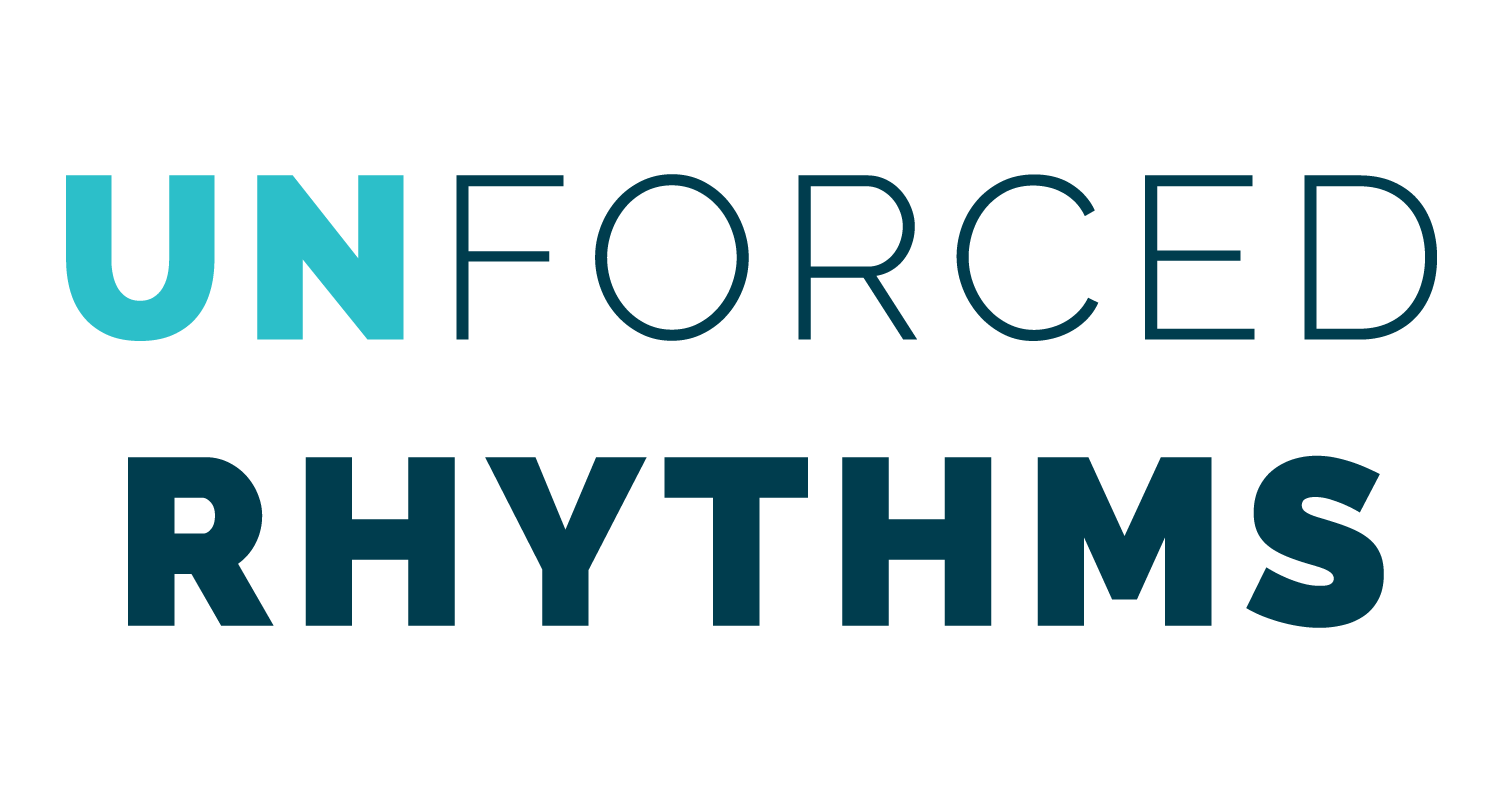He continued to address the potential jurors, refreshing our high school memories on the constitution and the privilege that was ours to be a part of a country where fellow citizens and peers participated in the administration of justice. I had not considered this so deeply before, but sitting in the courtroom that day, watching the process of jury selection take place, I felt patriotism rise up within me. Yes, there are places in the world where there is no trial or a dictator lashes out the verdict with vengeance. I thought the defendant tuned into every word the judge said must have been thankful, too, even in spite of his circumstances.
Then, it was time to start proceedings. The judge gave the prosecutor permission to question the potential jurors for 20 minutes. Questions were aimed at individuals or the group as a whole–questions that would weed out those who couldn't be impartial in this criminal case, those who had conflicts of interest or a background that would not lend itself to the case. As random as the first step of summoning a potential juror (the mailing notice), the process thereafter is very deliberate. The lawyer of the defendant asked her own questions for 20 minutes. Once the questioning was done, both approached the judge with their choice of jurors.
They returned to their seats and the judge stood to announce those released from jury duty. Four exited the room. The remaining individuals were informed they are now jurors for the case, and were asked to step out to a room reserved for jurors where they would wait for further instructions.
The judge rose calling 12 more potential jurors to come forward from the spectator seating. Gwen Marie Jackson. I let out a quiet sigh, made eye contact with a lady I had gotten to know while waiting in the large assembly hall, made my way to the juror's box, and took my seat. Once again, the prosecutor rose to question. This time he had 12 minutes.
About three questions in, he looked at me. Mrs. Jackson, you are an ordained minister.
Yes, that's correct, I replied confidently (and proudly).
He looked me straight in the eye from where he stood. We tend to shy away from ministers. Raising his right index finger to his chin, with a tilt of his head, he asked, Why do you think that is?
My mind was filing through all the reasons that might be the case. A bit hesitant, I began to answer, We believe in right and wrong. We have values and principles we live...
Abruptly, he interrupted my thoughts, Because you're too forgiving! His tone of voice was strong and felt almost accusing, though I accepted it as a compliment.
Yes, that too, I said with a half-hearted giggle, triggered by both his answer and my nervousness now that all eyes were on me.
Mrs. Jackson, how do you feel about making a judgment call on an individual?
Thinking through my answer while starting to respond, so as not to hold up the questioning, I began my brief response. He wasn’t looking for long explanations. God is the sole judge of a man’s heart. As a juror I would judge evidence and facts in this case to determine the outcome, along with my fellow jurors. Though I believe in redemption, there are consequences to a person’s actions and behavior.
You’re changing my perspective, the prosecutor responded with a slight smile. Then he moved on for further questioning of individuals.
The lawyer of the defendant took her 12 minutes for questioning, and then the judge was approached with their choices.
The judge stood and called out eight names to be released from jury duty.
Gwen Marie Jackson.
I exited the courtroom thankful for an experience that exposed me to the judicial system in a way that I had never encountered before. But, most of all, I was thankful to be called out as one who is too forgiving.
Would people say Jesus was "too forgiving" to the criminal hanging next to him on the cross, certainly serving justice for his actions? I doubt that Jesus would have made jury duty. either. For all the words Christians are accused of, "too forgiving" is one that I will take.
In this crazy and broken world, we need more people who are too forgiving.










